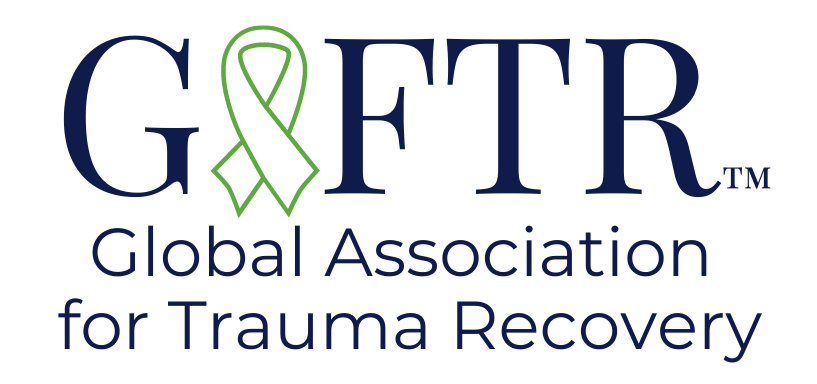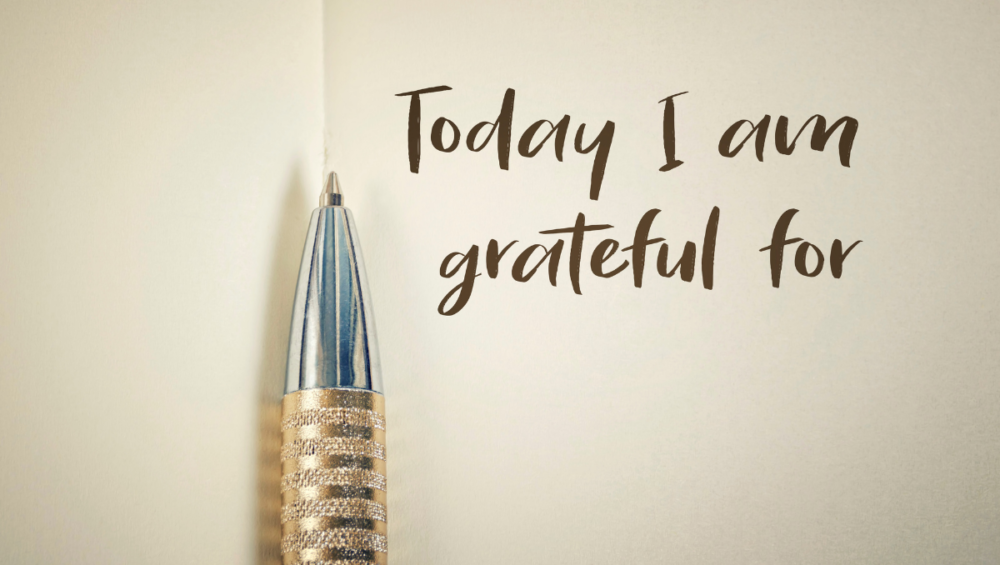Too often, Thanksgiving is filled with tension instead of togetherness. Elaine Parke explains how gratitude can bring unity to your gathering (yes, even this year)…and how to keep it going all year long.
This year has been filled with upheaval and division, and Thanksgiving might feel like a potluck of potential arguments rather than a chance to reconnect with loved ones. The key to a more harmonious holiday, says Elaine Parke, lies in not just paying lip service to Thanksgiving, but in actually being thankful—all the time.
“Gratitude makes us not only feel happier; we become more insightful, empathetic, and generous to those around us,” says Parke, author of The Habits of Unity: 12 Months to a Stronger America…one citizen at a time (Outskirts Press, 2021, ISBN: 978-1-9772-4276-1, $21.95, www.12habits4allofus.org). “That’s exactly the skill set people need to defuse some of the tension that might crop up this holiday season.
“Plus, on a larger scale, gratitude unites us,” she adds. “When we’re focused on all the good things in our lives (versus what we’re angry about), we are able to connect with others in a productive, civil way—even when we don’t agree.”
Elaine created the 12 Habits showcased in her book to help Americans hardwire positivity, respect, and, yes, gratitude into our daily lives. She hopes to get everyone focused on the same branded, habit-forming behavior each month—just like we all focus on holidays together:
January: Help Others
February: You Count
March: Resolve Conflicts
April: Take Care of Our Environment
May: Be Grateful
June: Reach Higher
July: Become Involved
August: Know Who You Are
September: Do Your Best
October: Be Patient and Listen
November: Show a Positive Attitude
December: Celebrate Community, Family, and Friends
(Yes, Elaine has allotted gratitude for May, not November…but that’s no reason not to start practicing it right now.)
Here, excerpted from the book’s 365 “one-magic-minute-a-day” motivationals, are a few ways to kick off a more grateful life:
Improve your “mental nutrition.” Instead of stuffing yourself full of depressing headlines and social media outrage along with the turkey, feed your brain encouraging, uplifting content that shifts your attention toward things you appreciate. (Bonus: This will give you some non-contentious topics to bring up at Thanksgiving!)
When you feel appreciation for someone, show it through your words and actions. Make a pot of coffee for your busy spouse, hug your child, or refill the copier’s paper tray at work. Better yet, accompany your actions with a “thank you.” Verbalizing gratitude prevents you from taking good things for granted and brings the other person joy.
Don’t put an expiration date on gratitude. Prepare a “thank you” for each person you’ll see this Thanksgiving, even if what you’re grateful for happened years ago. This will set the stage for more kind words and connection throughout your gathering.
Appreciate people you dislike. Reinforcing their good qualities through a “thank you” or a compliment can influence their future behavior—and heal relationships. There is always something good you can say: “I can tell how important our family is to you,” or, “Your casserole is delicious!”
Understand that thankfulness is a habit. So is complaining. For every gripe you voice, strive to identify three things you appreciate: a delicious meal, beautiful fall leaves, a friend’s phone call, etc. Better yet, write these “moment jewels” down. You’ll soon begin to see and appreciate more beauty in the “mundane.”
Don’t forget to be thankful for you. We really are our own worst critics. Write down several things you appreciate about yourself and post them where you’ll see them often. When you receive compliments this Thanksgiving, add them to the list.
“When you choose to be appreciative instead of argumentative, you will set the tone of your Thanksgiving gathering at a higher level where positivity and respect can thrive,” says Parke. “And there’s a ripple effect, because gratitude and unity feel good. Thankfulness might just become your family’s new year-round tradition.”
About the Author:
Elaine Parke, MBA, CS, CM, NSA, is the author of The Habits of Unity: 12 Months to a Stronger America…one citizen at a time. For 30 years, under the umbrella of the non-profit All of Us, Inc., her scalable and evidence-driven 12 habits of social unity model has transformed several million community citizens and youth across the USA’s Midwest and in Rwanda, helping them feel more caring and connected to one another. In 1993, her monthly branded and colorful habit-forming model was deemed a “Social Invention” by the London Institute for Social Inventions.
Parke spent 25 years fine-tuning her mass-market media skills in corporate America. Then, in 1987, she redirected her focus to helping people get along better. Her first book, Join the Golden Rule Revolution: Practice One Habit…Each Month of the Year,was published in 2000. She has won many awards and recognitions for her work.
Parke is certified in public speaking, violence prevention, conflict management, and mediation, as well as meditation, and has been a popular speaker in her field of driving health and positive social and civic engagement with managed media strategies. She has been an occasional guest marketing lecturer at the Johns Hopkins University Bloomberg School of Public Health and Carnegie Mellon University. To learn more, please visit www.12habits4allofus.org.


